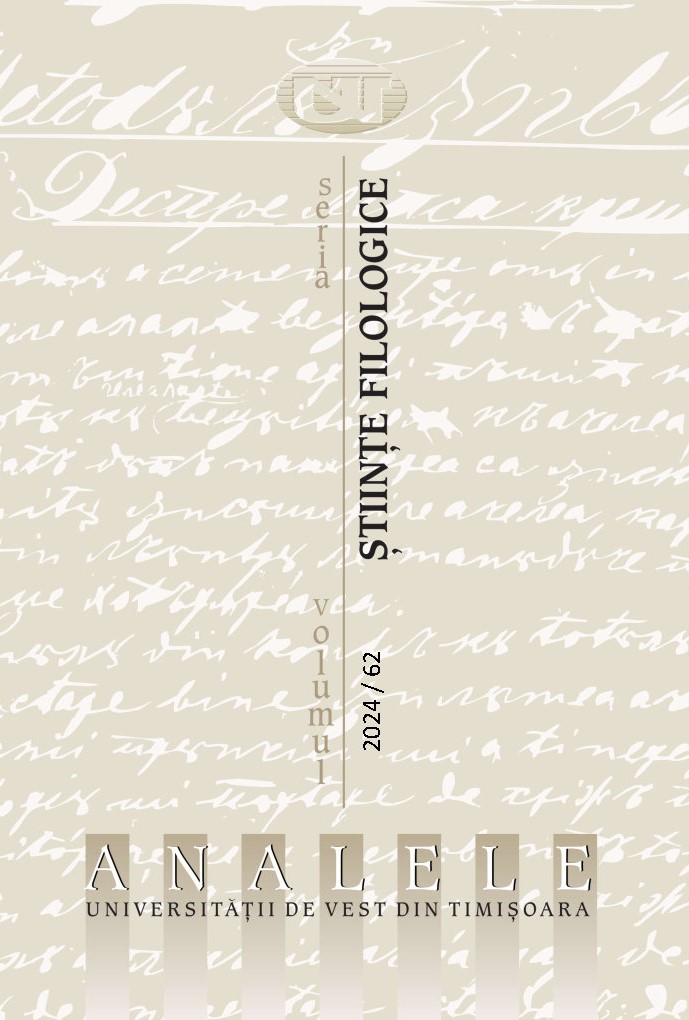„Mai cântă Eminescu-n noi”. Un epigon eminescian în dramaturgia românească a începutului de secol XX: Victor Eftimiu
”There Are Still Echoes of Eminescu in Us”: An Epigone in the Romanian Theatre of the Early 20th Century: Victor Eftimiu
Author(s): Oana CicurSubject(s): Language and Literature Studies, Studies of Literature, Romanian Literature
Published by: Editura Universităţii de Vest din Timişoara
Keywords: Înșir-te, mărgărite; fairy-tale play; Mihai Eminescu; national poet; epigonism; historical poetics; pastiche
Summary/Abstract: The fairy-tale play Înșir-te, mărgărite represents the debut as dramatist of a young Albanian author, Victor Eftimiu, in his “adoptive” country, Romania, and one of the most often performed shows on the stage of the National Theatre of Bucharest, since its premiere in 1911. Considering the aforementioned elements, the present paper aims to demonstrate that Victor Eftimiu emulated Mihai Eminescu’s writing style (largely imitated in an epigonic manner at the beginning of the 20th century and afterwards) in creating this dramatized and versified fairy tale, which leads to a possible explanation for its box-office success, at the very least. In the following paper, we discuss three possible motivations for choosing Eminescu as a model, focusing on the association between the national poet and the Romanian language, on the cultural climate in the decades after Eminescu’s death and on the classic aesthetic attitude shared by both authors. Furthermore, we emphasize, on the one hand, the sonority of the verses in Înșir-te, mărgărite, which leads to a sense of Eminescu-like déjà vu. Moreover, we underline, on the other hand, the intertextual references in Eftimiu’s play, mainly illustrating the proposed connection between Eminescu and Eftimiu’s works with examples from two of Eminescu’s poems, inspired from the Romanian folklore. The profile of the pasticheur Victor Eftimiu should be understood in relation to a presumably profound identity crisis caused by the consciousness of alterity. Therefore, as the play Înșir-te, mărgărite both introduced Eftimiu in the Romanian theatre and helped him gain citizenship, the epigonism might have been a solution of cultural integration in a country characterised by a similar quest for symbolic values, before the Great Union.
Journal: Analele Universităţii de Vest din Timişoara.Seria ştiinţe filologice
- Issue Year: 2024
- Issue No: 62
- Page Range: 45-57
- Page Count: 13
- Language: Romanian

